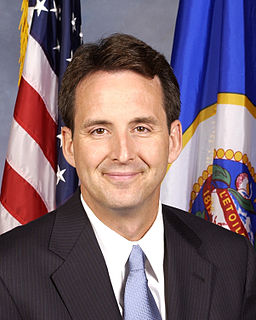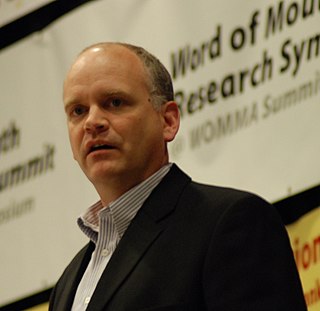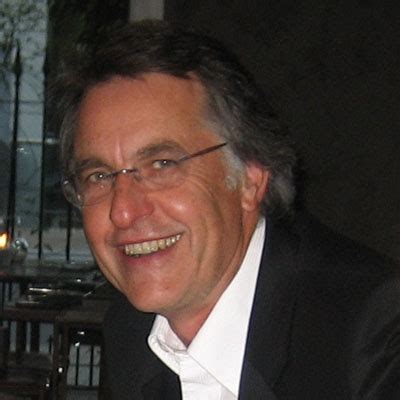A Quote by Sheldon Whitehouse
When I was sworn in, we had Republican-sponsored climate-change bills all over the place. You had John McCain running for President in 2008 on a strong climate platform. You could see American democracy actually starting to work at solving a difficult problem.
Related Quotes
Despite the international scientific community's consensus on climate change, a small number of critics continue to deny that climate change exists or that humans are causing it. Widely known as climate change "skeptics" or "deniers," these individuals are generally not climate scientists and do not debate the science with the climate scientists.
My experience as energy and climate change secretary - in the months I spent battling George Osborne over the budget for investment in low carbon, and in the daily attrition with Eric Pickles over onshore wind - was that many Conservatives simply regard their commitment to climate change action as something they had to say to get into power.
I think the challenge of climate change in particular is the challenge for us to create and produce new norms for a new kind of world. And that's why I think as important as the issue of climate change is, it's even more important than it seems because if we can't evolve very quickly, new norms to deal with issues like climate change, we're not going to be able to survive in the kind of world we've created. So I think, really, the whole nature of democracy, of governance, of global community and of solving the kinds of problems of the 21st Century are really at stake.
The question of place and climate is most closely related to the question of nutrition. Nobody is free to live everywhere; and whoever has to solve great problems that challenge all his strength actually has a very restricted choice in this matter. The influence of climate on our metabolism, its retardation, its acceleration, goes so far that a mistaken choice of place and climate can not only estrange a man from his task but can actually keep it from him: he never gets to see it.
Many scales of climate change are in fact natural, from the slow tectonic scale, to the fast changes embedded within glacial and interglacial times, to the even more dramatic changes that characterize a switch from glacial to interglacial. So why worry about global warming, which is just one more scale of climate change? The problem is that global warming is essentially off the scale of normal in two ways: the rate at which this climate change is taking place, and how different the "new" climate is compared to what came before.
I think climate change is probably the most extreme, and it's been going on for years because it's very difficult to talk about a planetary issue like climate change and to get people who live within four-year electoral cycles to actually pay attention to something that you predict is happening way in the future.


































